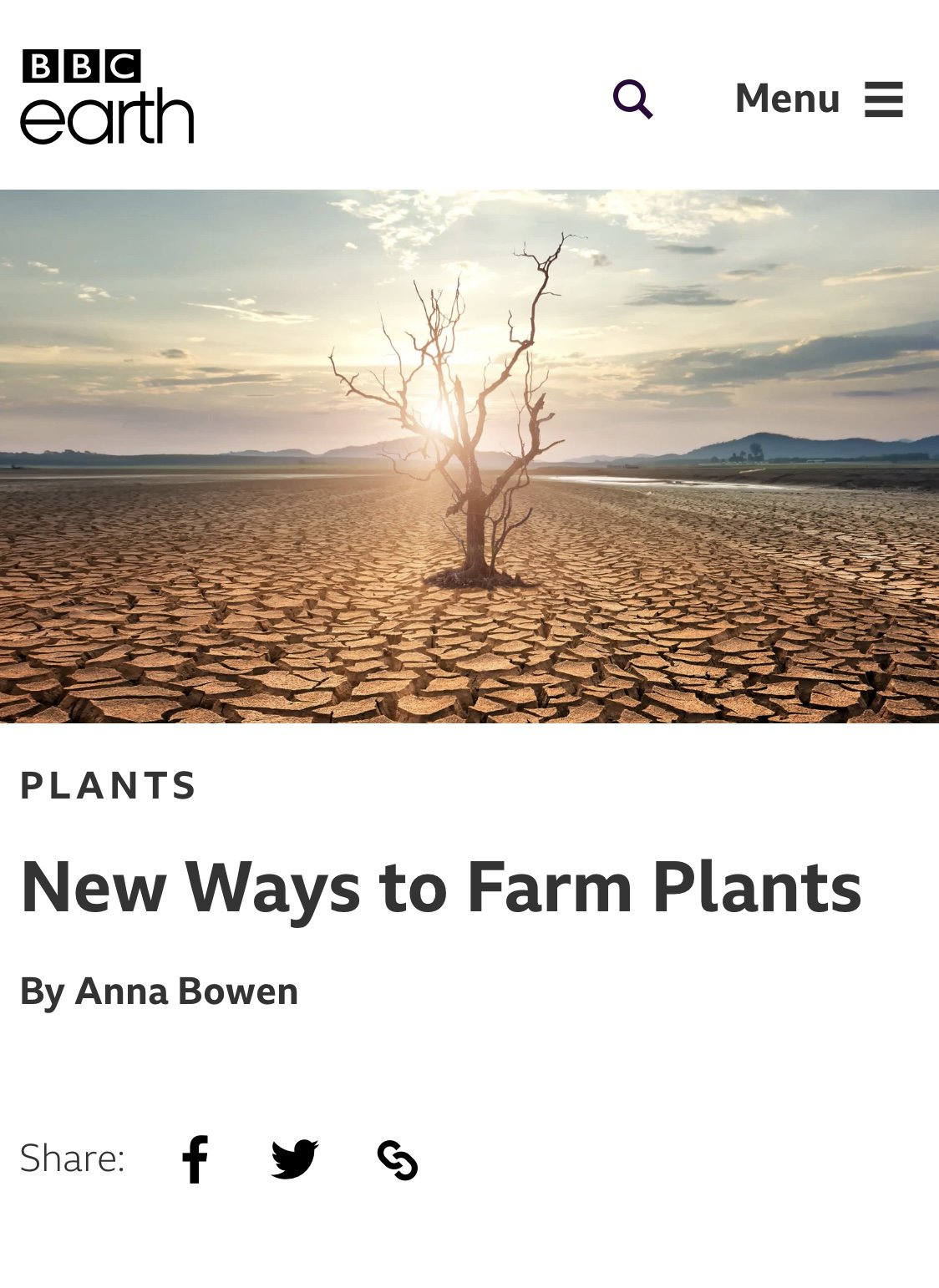
BBC Earth: New Ways to Farm Plants
An article for the BBC about aeroponics and rooftop farming
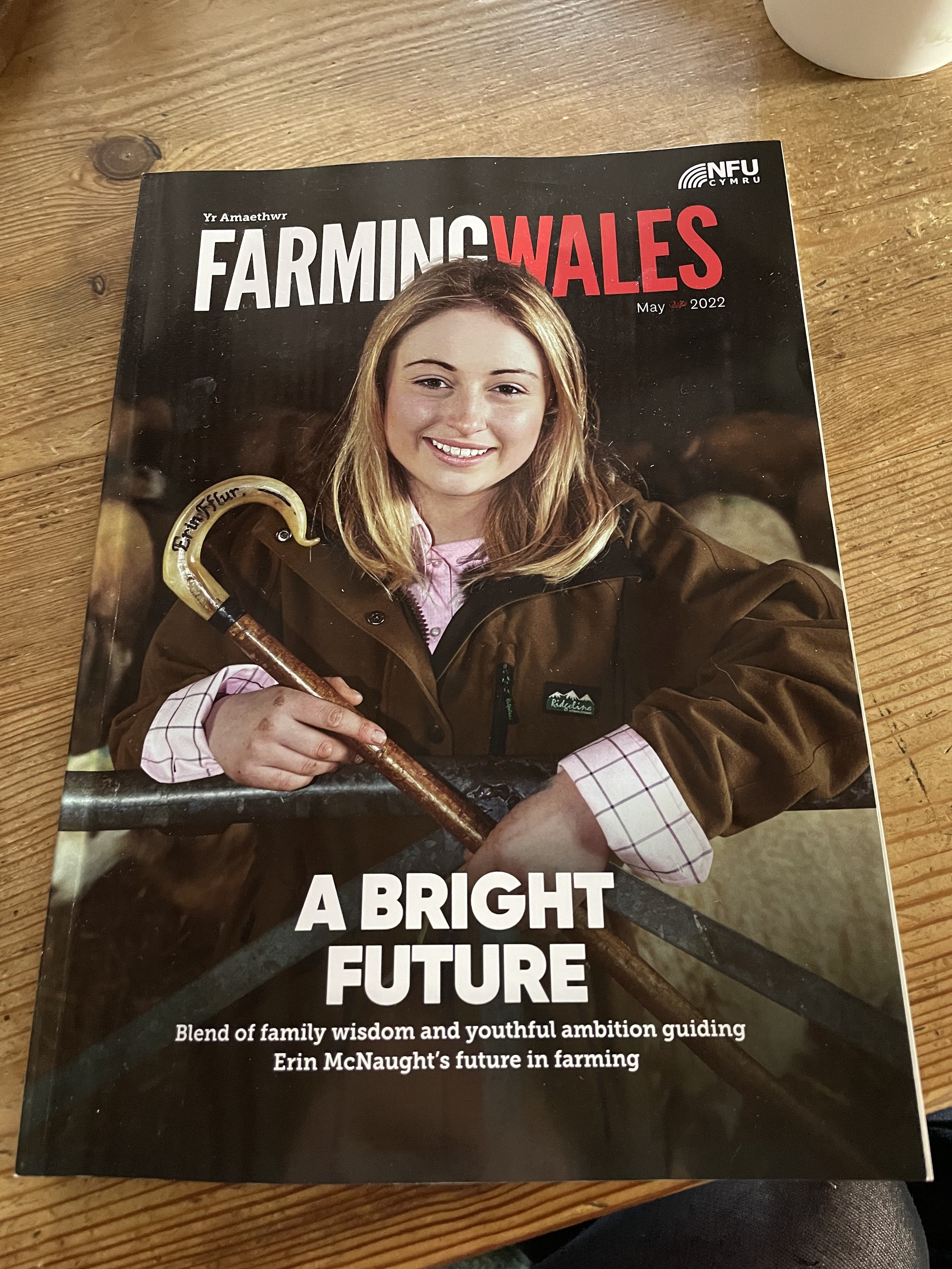
Farming Wales: Colostrum Management
An article for NFU Wales’s Farming Wales magazine about colostrum management for dairy calves
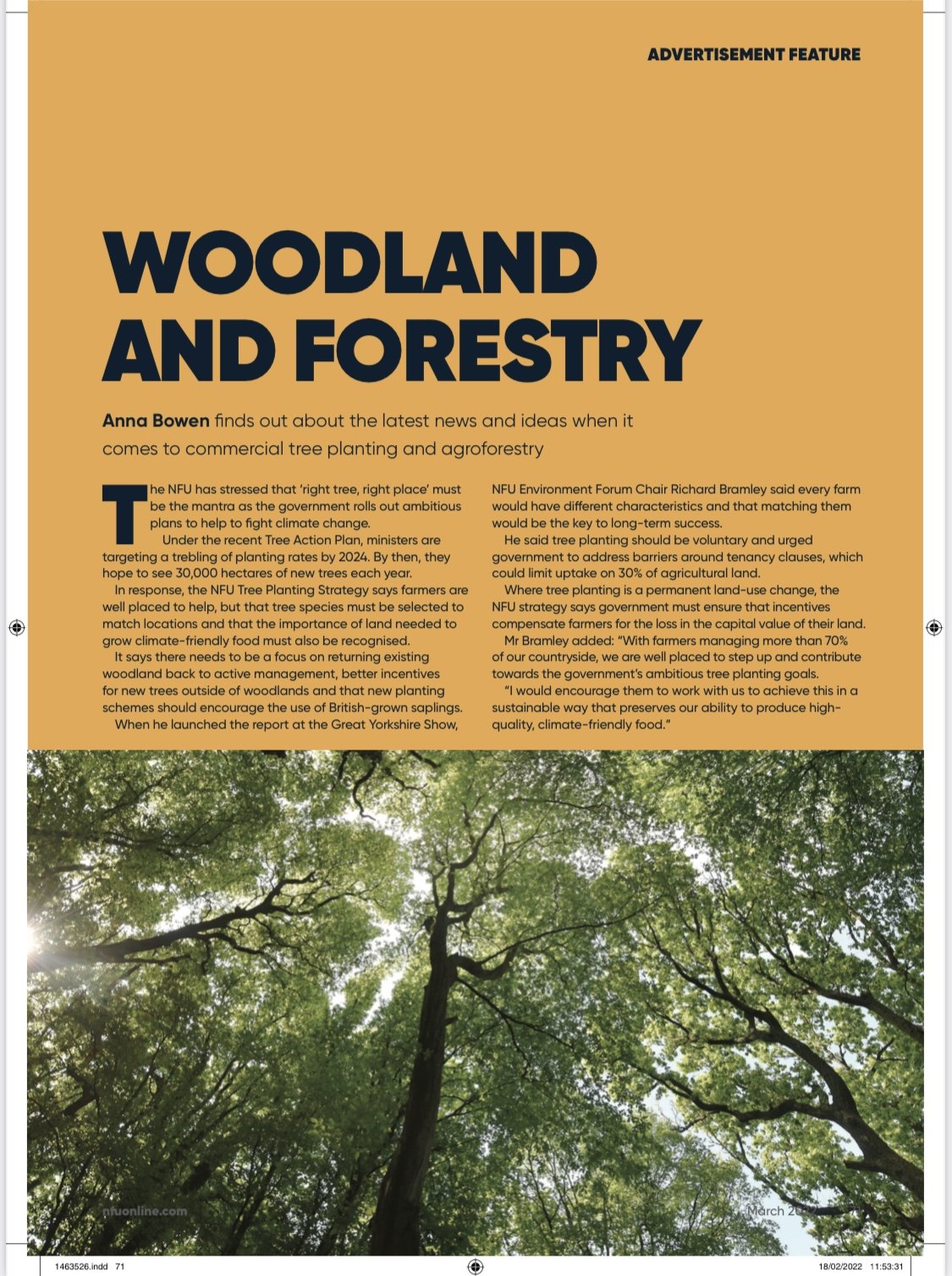
British Farmer and Grower: Forestry and Woodland Supplement
Forestry and woodland advertorial supplement, written for British Farmer and Grower
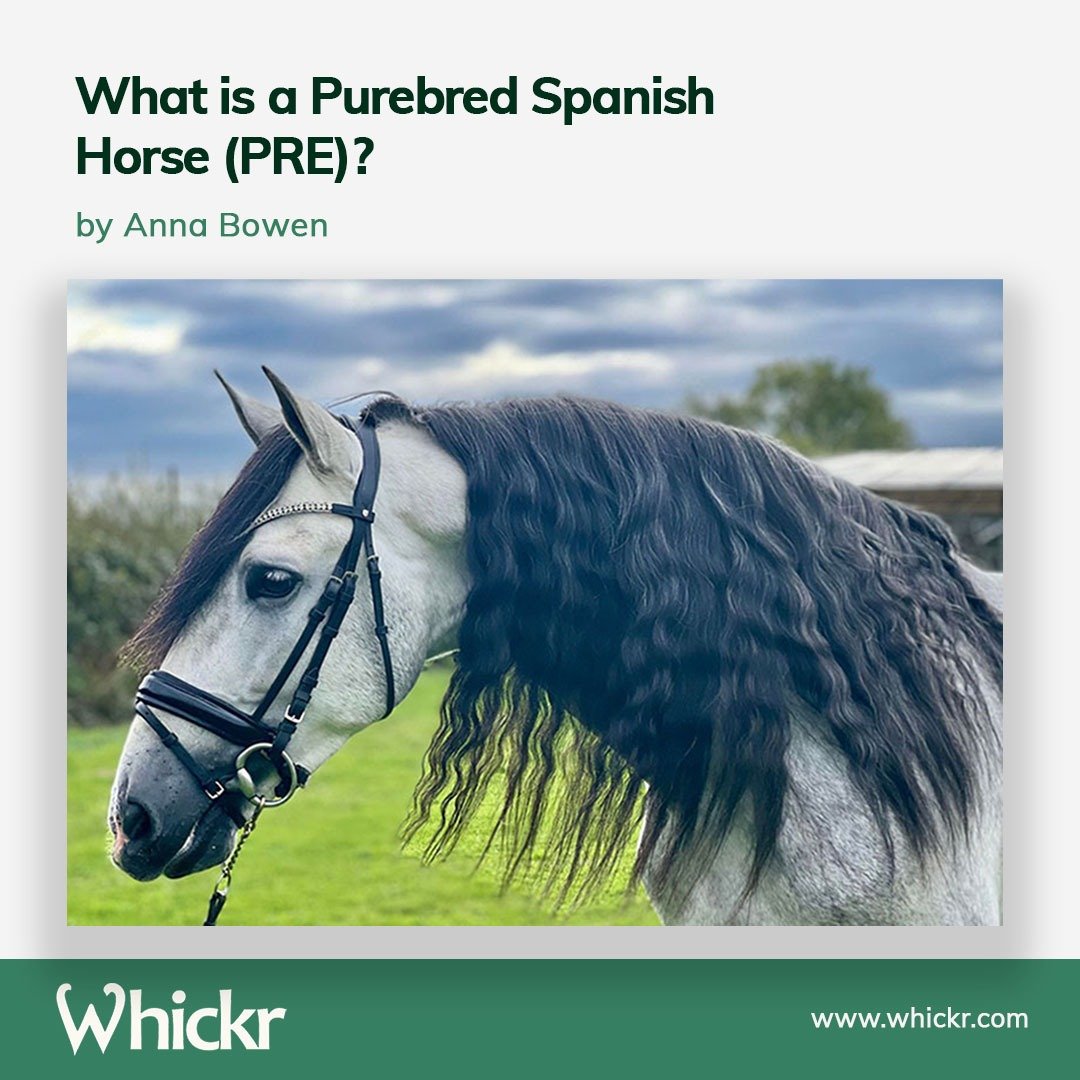
Whickr: What is a Purebred Spanish Horse (PRE)?
The Purebred Spanish Horse is also known as the PRE - Pura Raza Espanola. Sometimes confused with the Andalusian, the Purebred Spanish Horse is a very old sports horse which has played a significant role in European history.

Farmers Guardian: Denmark’s Bull Calf Policy
An article written for Farmers Guardian about Denmark’s policies as they seek to end bull calf euthanasia by 1st January 2022
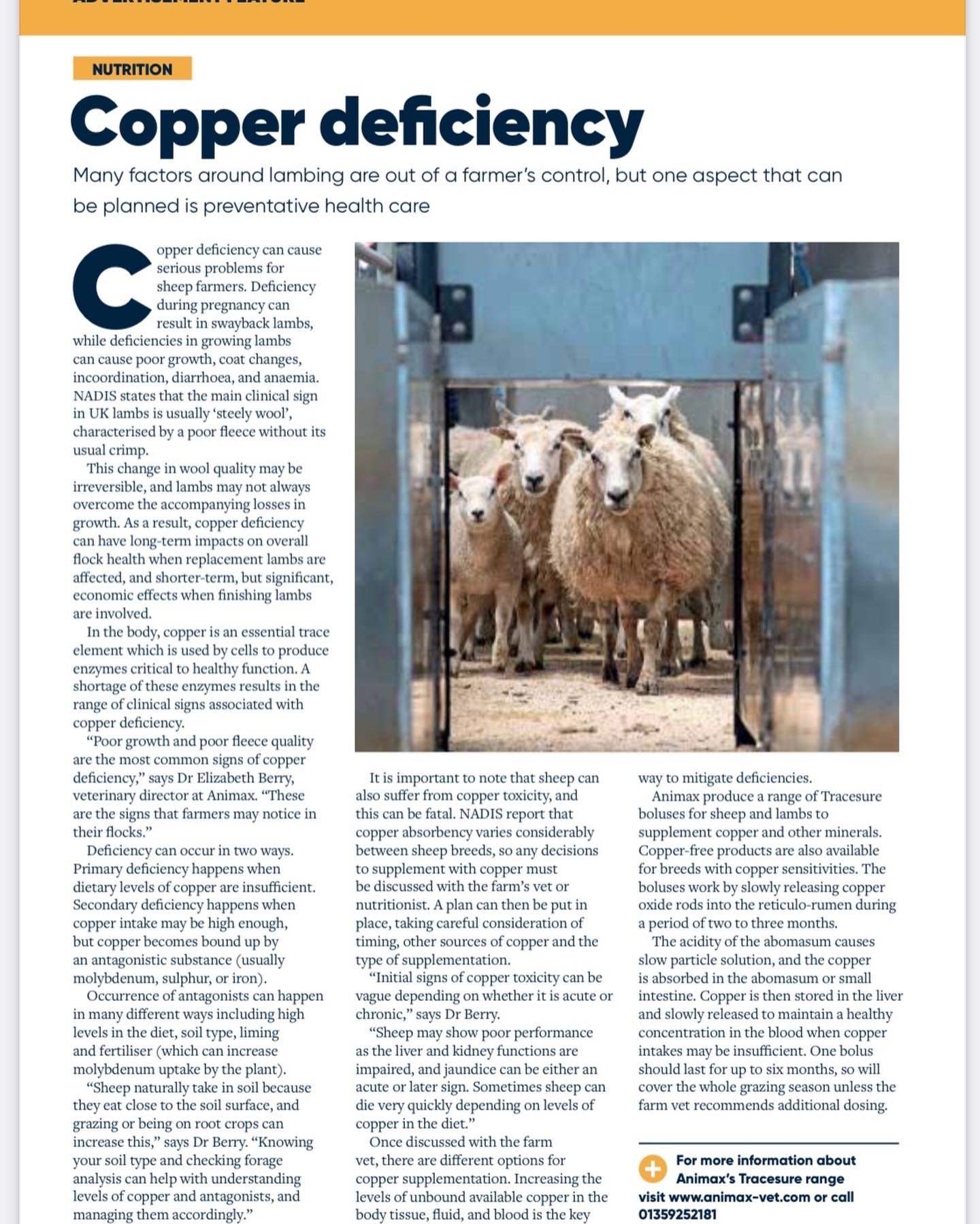
British Farmer & Grower: Animal Health & Welfare Supplement
An animal health and welfare supplement written for the NFU’s British Farmer and Grower magazine
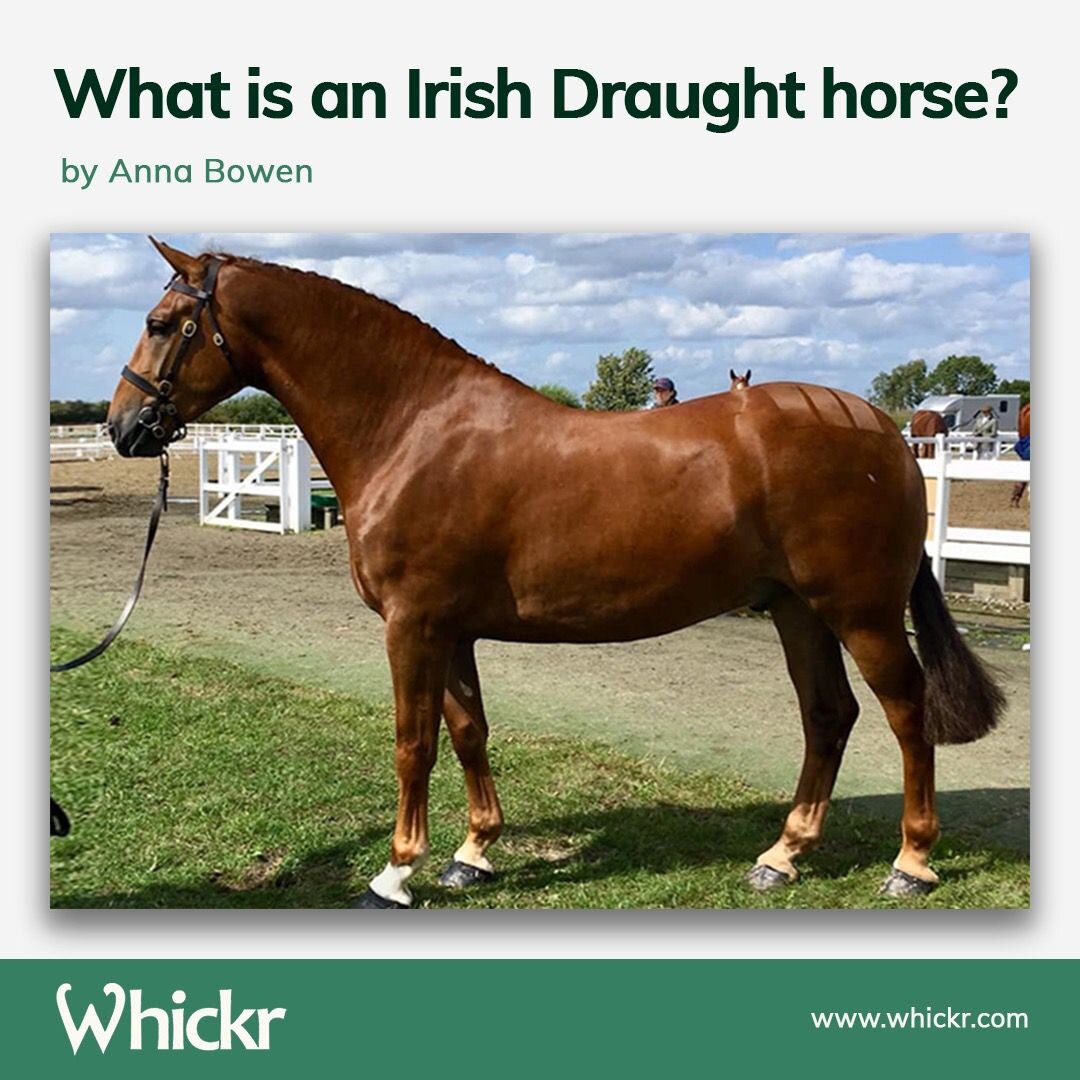
Whickr: What is an Irish Draught?
What is an Irish Draught?
The Irish Draught is a breed of horse, native to Ireland. Originally an all-purpose farm horse, this strong, athletic, and resilient breed has become a lynchpin of sport horse breeding.

Whickr: Eight Ex-Racehorses Who Made It To The Top In Their New Careers
In 1987 Idle Dice became the first horse to be inducted into the Showjumping Hall of Fame, followed twelve years later by his rider. Rodney Jenkins retired in 1989, the most successful American showjumper of all time, and in an elegant symmetry, started work as a racing trainer. Based in Maryland, Rodney has saddled over 25 stakes winners.
British Farmer & Grower: Cereals Preview
Veterinary Record: Offering Better Equine Dentistry Services
An article in Veterinary Record about the advantages of using a vet for equine dentistry
Restless Magazine: What it’s Like Working on a Dairy Farm as a Woman
Restless Magazine: Getting the Facts Straight on Contraception
Restless Magazine: The Joy of Thank You Notes
Restless Magazine: Let’s Stop Competitive Busyness
Farmers Guardian: Farmer’s heartbreak as bovine TB wipes out whole herd
News piece about a Pembrokeshire dairy farmer who lost his whole herd in a bTB outbreak
Farmers Guardian: Interview with Nick Roch of Simply Milk
Interview with Nick Roch of Simply Milk about his farm diversification
Whickr: “What is a Suffolk Punch?”
The Suffolk Punch – sometimes called the Suffolk Horse – is one of Britain’s native heavy horses. The mechanisation of farming has heavily contributed to their decline, but people are increasingly aware of the role that this breed plays in rural history.
With its unique colour, contribution to agricultural and military success, and fascinating heritage, the Suffolk Punch has attracted a network of supporters determined to continue its long history. Through these endeavours the modern role of the Suffolk Punch is evolving, and enthusiasts are determined to secure their future as an integral part of the equine landscape.
Whickr: “How Have Horses Evolved?”
The evolution of the horse is a fascinating subject, covering over 50 million years of geographical and biological changes, and an important consideration when managing the needs of our modern animal. While such an expanse of time will always leave puzzles for scientists, the horse’s history is comparatively well studied, which makes it easy for horse owners to learn more about the origins of our longtime companions.
Whickr: “What is a Double Bridle?”
With so many options for bits and bridles, it’s easy to forget that riders haven’t always had the choice. All of the tack that we used came from somewhere, and have had different uses and applications as they have evolved to their modern form.
Double bridles can be an essential tool for riders; often seen on warmblood horses competing at dressage or on horses in the show ring. But, for those who haven’t used a double bridle, they are often a source of confusion and fascination. In this article we’ll look at what a double bridle is, how it is used, where it came from, and when you would be expected to use one.
Whickr: “Is My Ex Racehorse Too Thin?”
Of all the questions that are asked by ex-racehorse owners on online forums and groups, “is my horse too thin/carrying enough condition?” is almost certainly the most frequent.
Despite the evidence that obesity is by far a greater threat to the UK horse population, thoroughbred owners seem to live with an anxiety that their horse is under conditioned, and turn to online communities for advice on feeding and management.
If you are one of those people, read on to find out how to gauge the condition of your horse, and what you can do to ensure that your ex-racehorse is at his or her best.